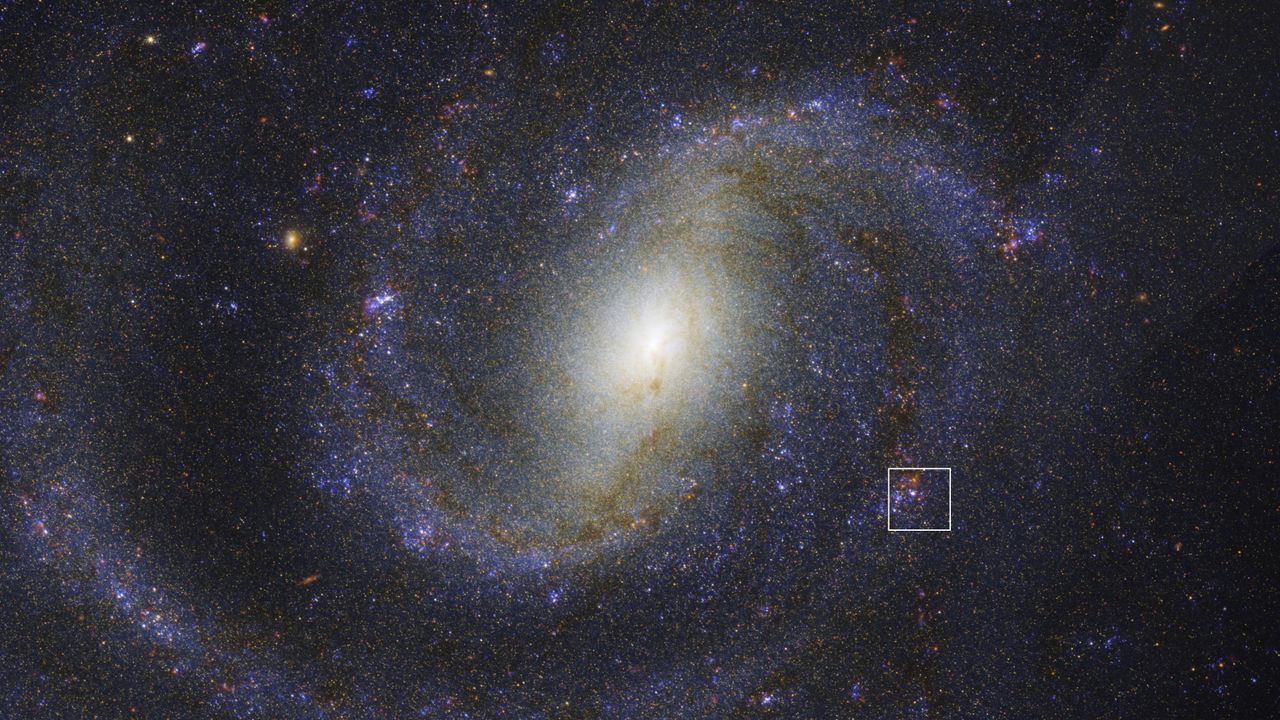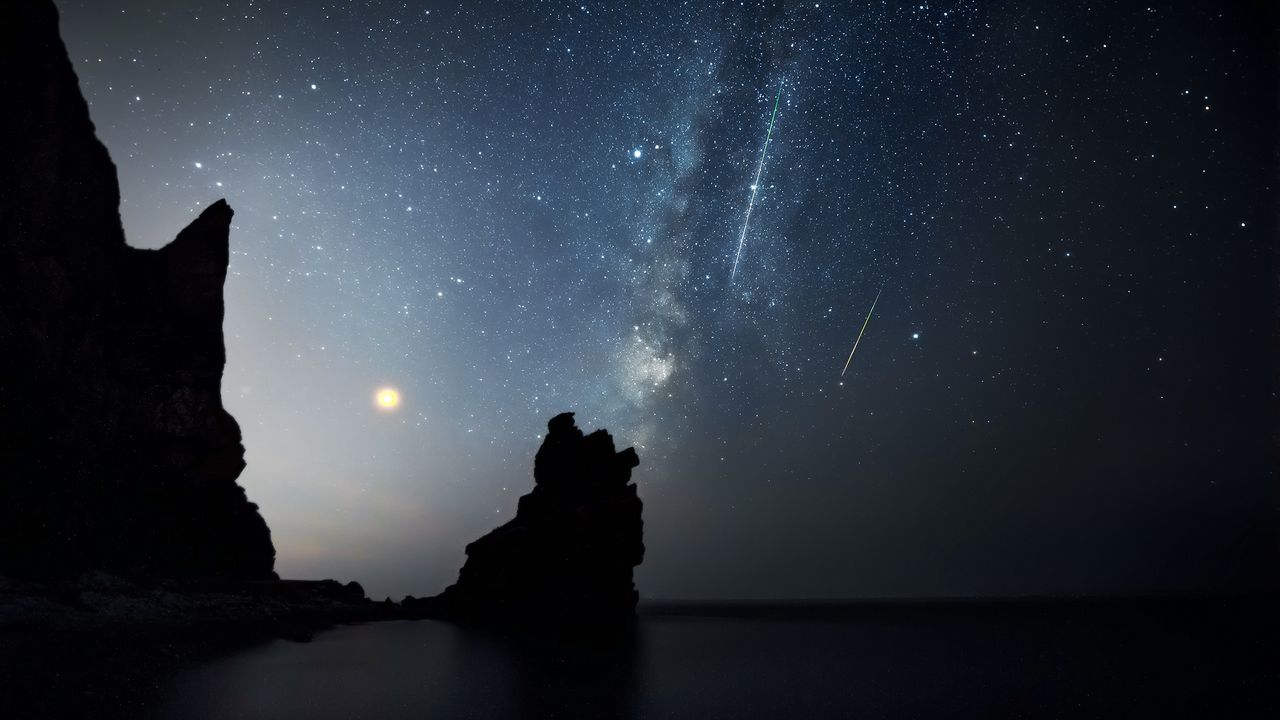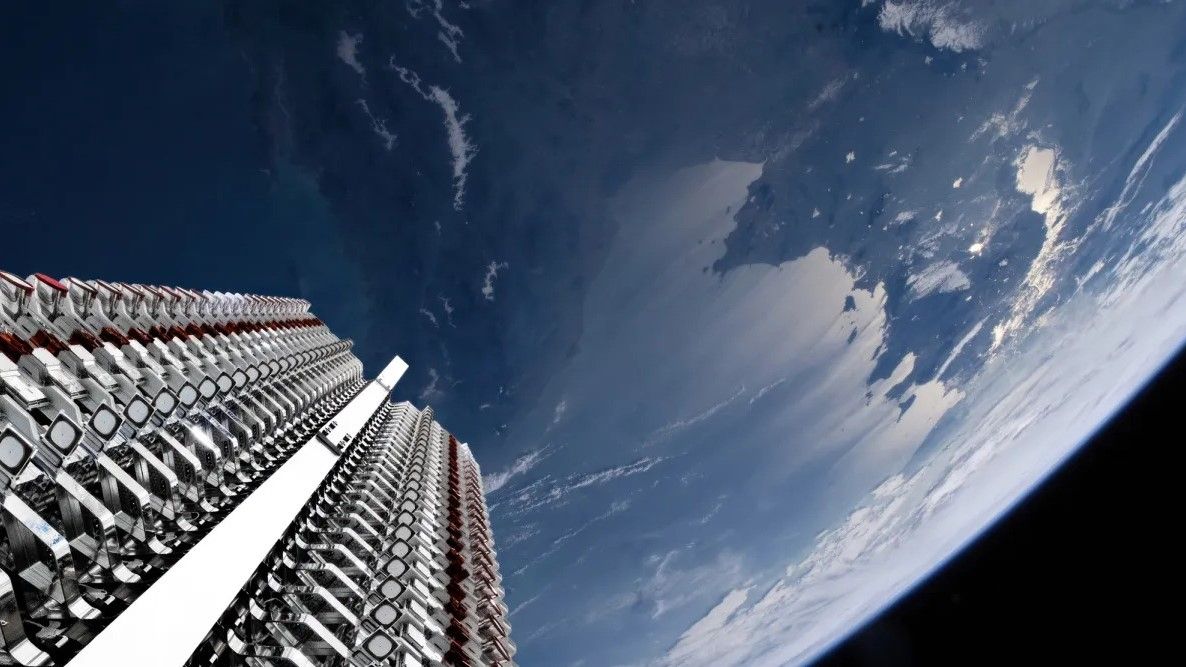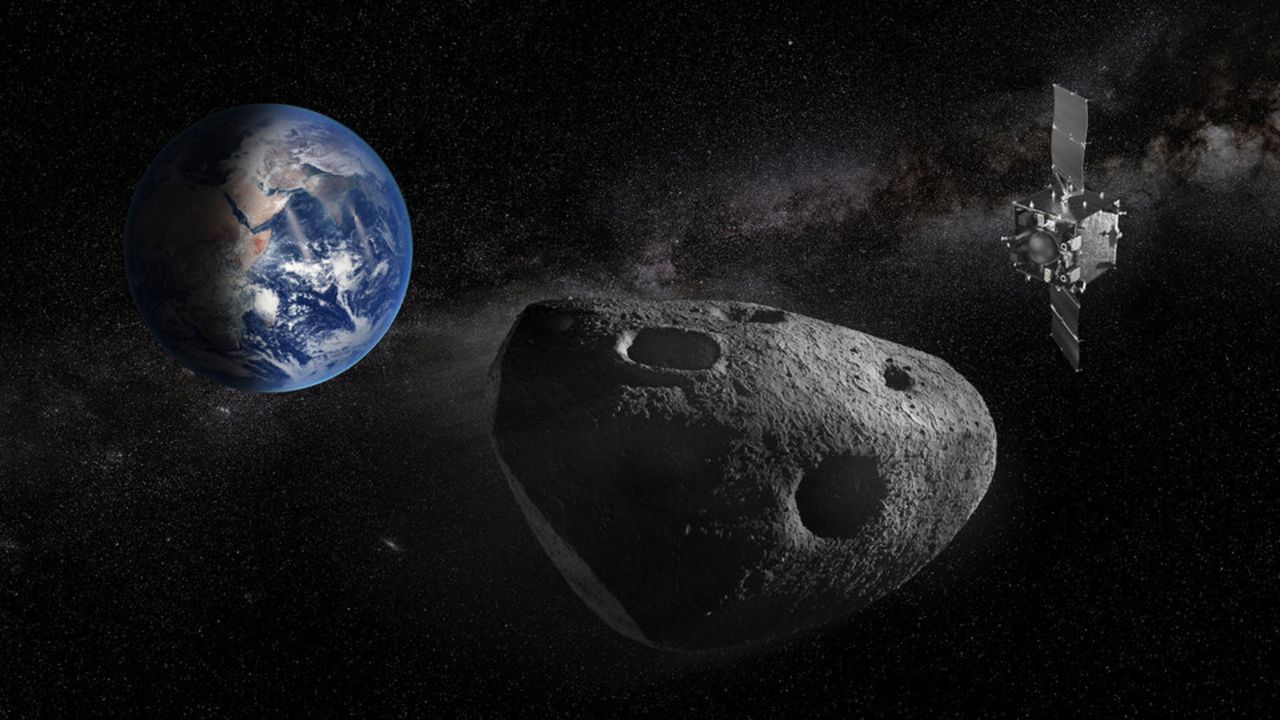Sync Your Calendar With the Solar System
PositiveScience

Syncing your calendar with celestial events is a fantastic way to stay connected with the wonders of the universe. With the ability to track rocket launches, meteor showers, and eclipses, you won't miss any spectacular moments. The recent capture of the barred spiral galaxy NGC 1512 by the James Webb Space Telescope highlights the incredible advancements in space observation, making it even more exciting to follow these events.
— Curated by the World Pulse Now AI Editorial System






